The BMA: A trade union with integrity?
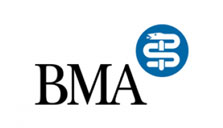 Can the British Medical Association (BMA) be trusted to ‘maintain the honour and interests of the medical profession?’ Or is the BMA another big organisation without full accountability, making recommendations ostensibly on behalf of its members whilst failing to operate democratically?
Can the British Medical Association (BMA) be trusted to ‘maintain the honour and interests of the medical profession?’ Or is the BMA another big organisation without full accountability, making recommendations ostensibly on behalf of its members whilst failing to operate democratically?
The BMA published its parliamentary brief on 24 February regarding mitochondrial replacement techniques, otherwise known as ‘three parent embryo’ research. Its briefing essentially supports the use of mitochondrial replacement techniques for the avoidance of severe disease or disability and welcomes the introduction of the new regulations recommending their use.
However it went on further to say that ’there is a moral imperative to pursue this work,’ and called on Peers to vote in favour of approving the regulations.
The BMA, the sole contractor as the doctor’s trade union, claims its aim is: ‘to promote the medical and allied sciences and to maintain the honour and interests of the medical profession.’ So as the doctors’ trade union, representing 152,000 doctors and medical students, its opinion carries significant weight. If 152,000 oft considered the country’s ‘best and brightest’ are of the opinion that we should proceed with mitochondrial replacement techniques, one would be inclined to take serious note.
But what if we told you that this decision did not involve consultation with its members?
In fact, it was simply based on the general approach of the BMA which is one of support in favour of the use of human embryos for research and the development of techniques to avoid serious disability. This is likely to have originated from a motion passed all the way back in 1986:
‘That this meeting approves paragraph 10.4 of the Annual Report of Council and is in sympathy with research using human embryos but insists that it should be carefully controlled.’
The BMA might argue that this motion can be employed as a general principle but should this new technique not have onhealthy minocycline been consulted about with all members? After all, 1986 was a long time ago and mitochondrial replacement techniques cross not just the human embryo experimentation rubicon but also those of cell nuclear replacement, germline therapy and egg donation.
Have the writers of the parliamentary brief simply assumed too much?
But hold on you might say, there is a dedicated committee who debate these issues, after all, they would have the necessary expertise in that group. Yes there is – the BMA Medical Ethics committee. According to personal correspondence from the BMA, it was discussed by the committee on three separate occasions, each time in response to a consultation on mitochondrial replacement techniques.
However none of those discussions are available in the public domain and there is no evidence that the medical ethics committee were even given a mandate by the membership to discuss the issue.
So not only were 152,000 doctors not consulted, but the papers submitted on behalf of its members are not available to its members. This would be decision-making behind closed doors.
Organisations that are unaccountable also tend to be the ones that usurp power. If our interests and ethical position are being claimed to be represented, we need to know how that opinion was derived and the issues that were debated at the very least.
With a process like this, doctors could easily find themselves being dragged blindfolded into ethical minefields they never intended to participate in, nor endorse, and this act done in the name of doctors themselves.
And so we have a small committee, whose minutes are not publically available, purporting to speak on behalf of a trade union with 152,000 members on a contentious issue of public policy without any specific mandate, without any consultation and without even informing its members that it is doing so.
That seems neither transparent nor democratic.

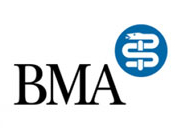
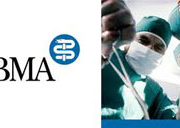
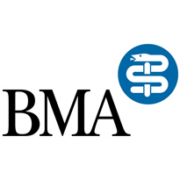



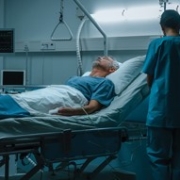




Leave a Reply
Want to join the discussion?Feel free to contribute!